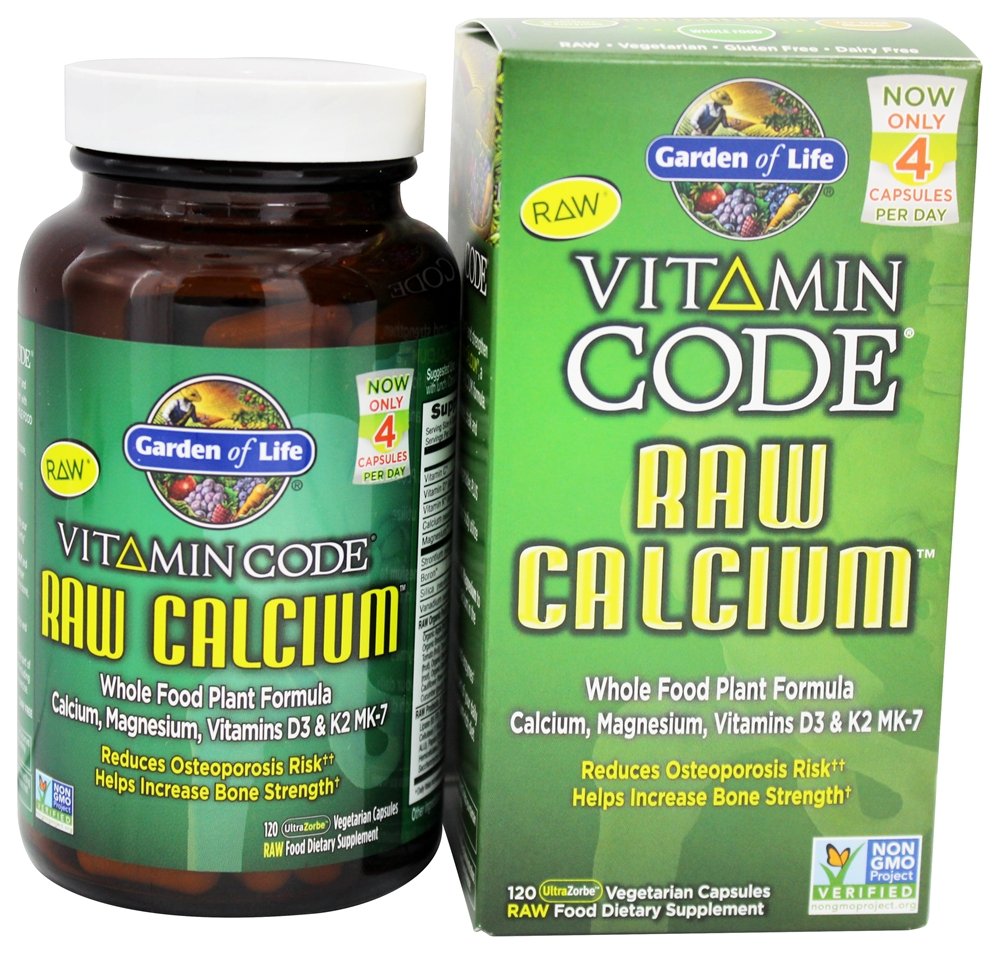Raw calcium
The Importance of Raw Calcium in Your Diet
Raw calcium is a vital mineral for maintaining overall health. It is well-known for its role in promoting strong and healthy bones, but its significance extends beyond that. In this article, we will explore the various aspects of raw calcium, from what it is to how to incorporate it into your daily diet for optimal health.
What is Raw Calcium?
Raw calcium is a form of calcium that is found in its natural state, unprocessed and unaltered. It is the essential mineral responsible for various biological functions in the human body. Calcium exists in several forms, but raw calcium is obtained from natural sources and retains its purity and nutritional value.
Sources of Raw Calcium
Raw calcium can be found in a variety of foods and dietary sources. The most common sources include dairy products, leafy greens, nuts, seeds, and fortified foods. These sources provide the body with the calcium it needs to maintain its functions efficiently.
Benefits of Raw Calcium
Raw calcium offers a range of benefits for the body. Its primary role is in promoting bone health and density. It also plays a crucial role in muscle contraction, blood clotting, and nerve function. Without an adequate intake of raw calcium, the body can experience various health issues.
The Role of Raw Calcium in the Body
Calcium is not just for strong bones. It is involved in several bodily functions. It helps regulate blood pressure, support the immune system, and enable the release of certain hormones. It's a multi-tasking mineral that keeps the body in balance.
How is Raw Calcium Absorbed?
To reap the benefits of raw calcium, it needs to be effectively absorbed by the body. Absorption is primarily influenced by vitamin D, which helps the intestines absorb calcium efficiently. Additionally, stomach acid and other dietary factors play a role in absorption.
Factors Affecting Calcium Absorption
Calcium absorption can be influenced by several factors, including age, gender, and overall health. For instance, as we age, our ability to absorb calcium may decrease. Additionally, certain medical conditions and medications can affect calcium absorption.
Utilizing Calcium for Bone Health
Raw calcium is synonymous with bone health. It contributes to the development and maintenance of strong bones. Consuming enough calcium throughout life can reduce the risk of osteoporosis and fractures.
Other Functions of Calcium
Apart from bone health, calcium also plays a role in muscle function, blood clotting, and nerve transmission. It's like the conductor in a symphony, ensuring that different bodily functions are in harmony.
Dietary Sources of Raw Calcium
To meet your daily calcium needs, it's essential to include foods rich in this mineral in your diet. Let's explore some of the best dietary sources:
Dairy Products
Dairy products such as milk, cheese, and yogurt are well-known for their calcium content. They are readily available and can be easily incorporated into your daily meals.
Leafy Greens and Vegetables
Leafy greens like kale, collard greens, and broccoli are excellent non-dairy sources of calcium. They are also rich in other essential nutrients.
Nuts and Seeds
Almonds, sesame seeds, and chia seeds are packed with calcium. They make for a nutritious and crunchy addition to your diet.
Fortified Foods
Many foods, such as cereals, orange juice, and plant-based milk alternatives, are fortified with calcium. These products are designed to help individuals meet their daily calcium requirements.
Meeting Your Daily Calcium Needs
The daily recommended intake of calcium varies by age and gender. It's important to balance your calcium intake with other nutrients, including vitamin D and magnesium, for optimal absorption.
Supplements and Raw Calcium
If it's challenging to meet your calcium needs through diet alone, supplements can provide an additional source. However, it's essential to consult with a healthcare professional before starting any supplementation.
Conclusion
Raw calcium is a crucial element for maintaining overall health. It contributes to bone strength, muscle function, and various other bodily processes. To ensure you get enough raw calcium, incorporate diverse dietary sources and, if necessary, consider supplements under professional guidance.
FAQs
1. How much calcium do I need daily?
The recommended daily calcium intake varies by age and gender. On average, adults need around 1000-1300 milligrams of calcium per day.
2. Can I get enough calcium from a vegan diet?
Yes, a well-planned vegan diet can provide adequate calcium from sources like fortified plant-based milk, leafy greens, and nuts.
3. Are calcium supplements safe to take?
Calcium supplements can be safe when used as directed by a healthcare professional. However, excessive calcium intake from supplements should be avoided.
4. What are the signs of calcium deficiency?
Signs of calcium deficiency can include muscle cramps, brittle nails, and a higher risk of fractures and osteoporosis.
5. Can I overconsume calcium?
Yes, excessive calcium intake can lead to health issues, including kidney stones. It's essential to balance your calcium intake with other nutrients.

Comments
Post a Comment